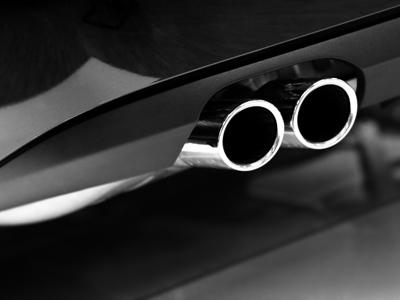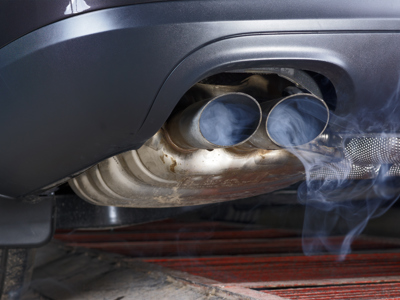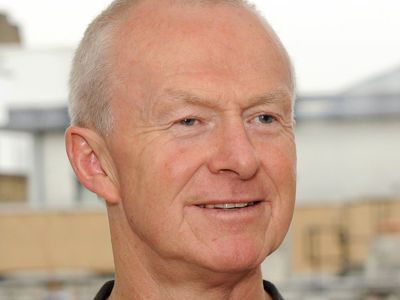
French Blocking Statute does not prevent disclosure of vital software information to Dieselgate emissions scandal claimants, rules High Court judge
A judge has ruled that French motor manufacturers Renault and Peugeot Citroen must hand over documents and information to legal firms bringing claims in response to the Dieselgate emissions scandal.
Posted on 11 June 2024
The manufacturers had opposed requests for the disclosure of the information via usual methods, including about the operation of software in diesel vehicles; information which the claimants believe will reveal details of alleged defeat devices in the vehicles, used to cheat emissions tests.
Lawyers for Renault and Peugeot Citroen claimed that a French law, known as the ‘French Blocking Statute’ (FBS), would put the companies and/or their employees at risk of prosecution in France if they disclosed information to legal firms bringing claims on behalf of thousands of vehicle owners in England and Wales.
The manufacturers argued that the law firms, led by lead solicitors Leigh Day and Pogust Goodhead, should use the Hague Convention as the route to obtaining the information. That would have involved the appointment of a Hague Commissioner to facilitate the disclosure of information and documents in foreign proceedings.
Leigh Day said the Hague Convention route would cause unnecessary delay and costs.
In a ruling handed down today, a judge at London’s High Court ruled that the French Blocking Statute could not provide a bar to disclosure in proceedings in England and Wales.
At the hearing on 13 and 14 May 2024, Renault and Peugeot Citroen argued that the FBS applied to their companies and/or employees based in France but also to their subsidiary companies based in the UK and that, under its provisions, they would be at risk of prosecution by the French authorities. They said disclosure should be given via the Hague Convention on the Taking of Evidence Abroad in Civil and Commercial Matters 1970. Seeking to overturn previous caselaw, the companies pointed to a 2022 decree in France, which they argued materially changed the position and increased the risk of prosecution.
Prior to the hearing, Renault and Peugeot Citroen had obtained letters from the French Strategic Information and Economic Security Department (SISSE), set up in 2016 and assigned to deal with disclosure requests, which stated that the Hague Convention route was the appropriate channel for disclosure of documents within France in civil and commercial matters. They reminded the manufacturers that the SISSE would be obliged to notify the prosecutor if it became aware that a criminal offence had been committed.
Leigh Day argued that nothing in the SISSE letters leads to the conclusion that the manufacturers would be prosecuted under the FBS, noting that the SISSE itself is not the prosecuting authority.
They pointed to Qatar Airways v Airbus [2022] EWHC 3878 (TCC) in which the Court ordered early disclosure against Airbus.
In that case Waksman J noted that “The type of disclosure which is going to be given, which although it is technical and although there is a great deal of it, is otherwise utterly common place for a civil dispute of this kind. It is very hard to see why a French prosecutor should take a particular interest in prosecuting Airbus in these circumstances”. Waksman then reached the “firm” view that there was no real risk or prosecution.
In her ruling today, Justice Cockerill said:
“I do not accept that the evidence about the risk of prosecution here is ‘much stronger than in the earlier cases’. It is in fact very similar in terms of strength, though different in points of detail, to the earlier cases.
“The 2016/2022 changes were administrative and did not affect either the substance or the purpose of the legislation. There is nothing on the facts of what has happened so far which indicates that there is a real risk of prosecution. The recent opening of a criminal investigation does not, on the facts of this case, show that there is a real – or any - risk of prosecution.”
In addition to finding there was no real risk of prosecution, Justice Cockerill also detailed that, even if there were, that risk must be balanced against the fairness and convenience of adopting the Hague Convention route. In this case the prejudice to the fair disposal of proceedings, including the additional delay and expense, would make disclosure appropriate. Further that the risk could be appropriately mitigated by a confidentiality ring between the parties.
Subject to any appeal, Renault and Peugeot Citroen must hand over the information sought by Leigh Day to help them build their case against the motor manufacturers.
Leigh Day senior partner Martyn Day said:
“Our clients are delighted with today’s ruling. The courts have long held that the French Blocking Statute should not be a bar to disclosure in proceedings in England and Wales and we are pleased that they continue to hold this view, despite some recent administrative changes in France. Renault and Peugeot Citroen should now proceed to provide the disclosure of information ordered by the Court without delay, to enable the parties to meet the ambitious timetable set by the Court.”

Thousands of Jaguar and Land Rover owners join Leigh Day’s legal claim over defective diesel exhaust filters
More than 3,000 owners of Jaguar and Land Rover diesel vehicles have joined a legal claim by law firm Leigh Day against the manufacturer, dealerships and car finance companies, claiming their cars were fitted with defective exhaust filters.

Car manufacturers will face trials over Dieselgate emissions scandal next year
Trials of Dieselgate claims against four major car manufacturers will take place next year after the High Court gave dates to hear vehicle owners’ allegations of the use of in-car technology to cheat emissions tests.


